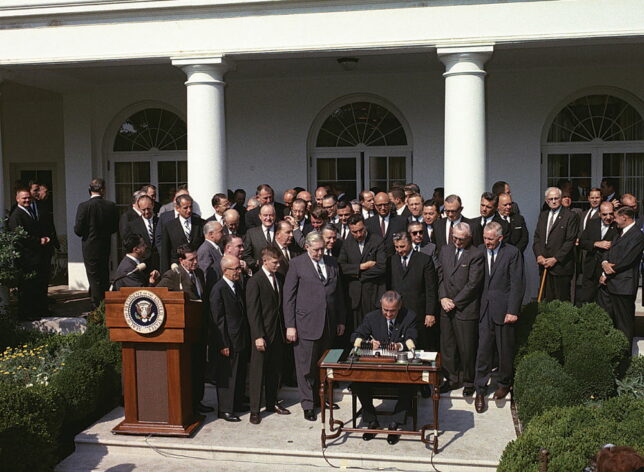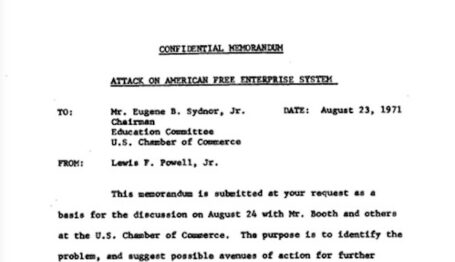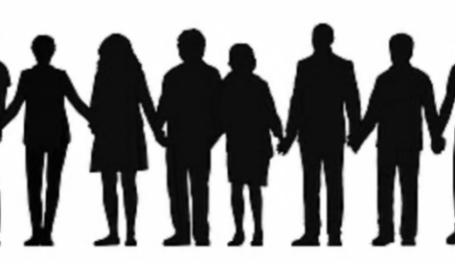Book Profile
The Tragedy of American Compassion: Government “Compassion”
 President Lyndon Johnson signing the Economic Opportunity Act of 1964, a key component of his War on Poverty. Lyndon Johnson’s Great Society legislation “was truly a triumph of faith,” Olasky writes, “the social gospel walking on earth.” License: Public domain.
President Lyndon Johnson signing the Economic Opportunity Act of 1964, a key component of his War on Poverty. Lyndon Johnson’s Great Society legislation “was truly a triumph of faith,” Olasky writes, “the social gospel walking on earth.” License: Public domain.

Book Review: The Tragedy of American Compassion (full series)
Pilgrim Beginnings | Government “Compassion”
Government “Compassion”
The stock market’s collapse in 1929 and the ensuing Great Depression put to rest any shame of going on the government dole. Even so, Olasky points out that many in Franklin Roosevelt’s administration saw the New Deal programs as temporary, not permanent entitlements. They had to be or the country would sink into pauperization, officials warned.
Even a New York Times editor writing in The Atlantic in 1938 lamented that “personal conscience in the United States has fallen to a new low in our history as a nation . . . the very foundation upon which any broader conception of individual responsibility towards society must rest is being washed away.”
The New Deal’s liberal social ideas could not withstand the assault of Marxism. By the 1960s it was obvious that the social revolution had landed in America. Evangelicals and Roman Catholics continued to oppose welfarism, but their warnings held almost no cachet either in Washington or the popular mind. Lyndon Johnson’s Great Society legislation “was truly a triumph of faith,” Olasky writes, “the social gospel walking on earth.”
“Pass the bill now, worry about its effects and implementation later” was the mantra of the Johnson administration on the so-called War on Poverty. One top administration economist even proposed a “guaranteed income,” calling it “the next great social advance [that’s] got to come.” Another official sermonized that “the way to eliminate poverty is to give the poor people enough money so that they won’t be poor anymore.”
Such proposals would have been outlandish in 1930 and unfathomable two generations earlier. But by 1970 they were the inescapable conclusions of a society that had jettisoned its biblical origins for a new view of human nature and the source of poverty.
Social mobility, the hallmark of 19th century American life, soon eroded. Federal action undermined private charitable missions, which became just another welfare program in the public mind. Marriage suffered, too, as young women “married the government.” When out-of-wedlock pregnancies soared in the postwar period, social workers swooped in to provide rich benefits for teenage mothers, provided they received no support from their family or the child’s father. The message was clear: Fathers need not apply.
Olasky sees this last victim of American “compassion” as its deadliest. Coupled with feminist ideology’s war on “patriarchal values,” new laws encouraged easy divorce and extramarital births—or abortion—while handwringing liberals watched the family structure dissolve into total anarchy, helpless to do anything but propose new spending dockets.
Old-Fashioned Charity
But amid this sad decay, Olasky also calls attention to the quiet, unshowy work of millions of everyday Christians engaged in old-fashioned ministry. He documents homes set up to tend to impoverished pregnant mothers; men’s outreach to homeless fathers in Washington, DC; foster care programs that teach couples how to care for infants; and churches that offer meals for homeless who serve in public clean-up crews and apprenticeship programs.
Each of these commitments shares one powerful goal: restoring the family as William Bradford would have recognized it. Nothing short of true, compassionate, personal charity will do.
This article was first published in the January 2023 issue of Capital Research.



